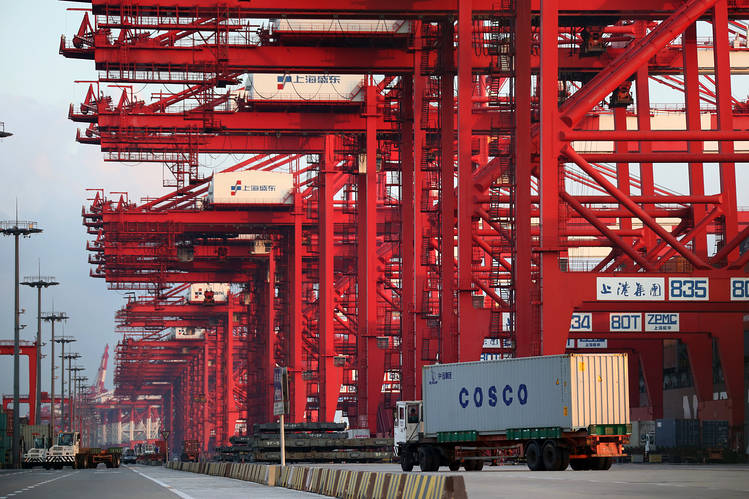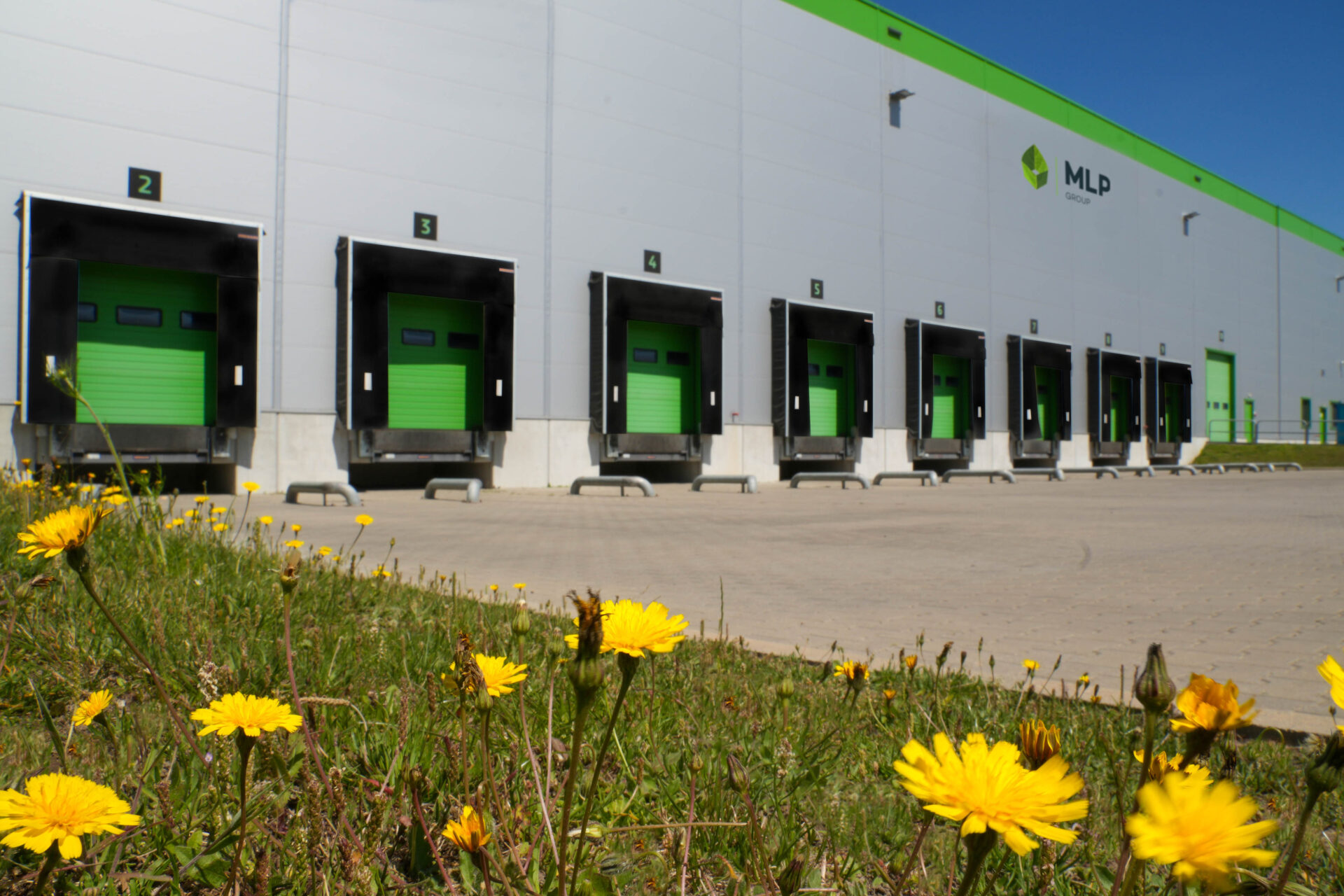Domestic demand continues to be strong; however, economic growth across European countries is slowing down gradually and, as expected by senior supply chain professionals, it will influence future export levels. Nevertheless, companies still see the potential for further growth. These are some of the findings from a new survey carried out by CBRE, the world’s leader in commercial real estate services, P3, the industrial developer, and Analytiqa, the logistics and supply chain research agency, and titled “Logistics & Supply Chain Confidence Index 2019/2020”, in which 50 key managers from logistics, production and retail companies in the Czech Republic participated. 43% of the companies interviewed expect higher profits in the year ahead and 59% of respondents expect their turnovers to increase. These conclusions are positive in spite of the fact that most companies expect more challenging conditions in the market during the next twelve months, which is reflected in the confidence index itself that is 43.3. This indicates a mood of caution among companies.
“Companies are approaching current market challenges proactively. Although they continue to carefully monitor their costs, they are also investing in new technologies and innovations to increase their productivity. They realise that putting in place effective processes can lead to long-term growth. Due to this, up to 57% of companies expect significant capital expenditures in the new year,” says Clare Sheils, Head of Industrial & Logistics, CBRE, and adds: “Almost three-quarters of respondents are planning to implement automated solutions or to begin with robotic automation in the next year, which will release approx. 9% of their employees during the next three years to reassign them to roles requiring higher skill levels and qualifications. A total of 64% of supply chain “decision makers” want to establish sustainable approaches in their work organisation (59% of them using cloud services) and almost one-half of respondents will implement so-called Big Data projects.”
The demand for industrial real estate will continue to rise
“A total of 61% of respondents from the logistics sector stated in the survey that they expect an increase in the demand for industrial parks during the next 12 months and 30% of respondents expect the same in the case of real estate intended for light industry production and retail warehouses. At the same time, it is more and more difficult to select a suitable location or, more precisely, companies encounter a lack of suitable land for construction. In addition to the locality, flexibility is then essential for our respondents – be it in terms of lease conditions or in terms of temporary storage areas,” states Tomáš Míček, Managing Director P3 for the Czech Republic.
Almost one-half of all respondents expect an increase in demand for quality industrial property in the coming months. The crucial criterion for selection is mainly the location of the new premises, which is agreed by representatives of both manufacturing and logistics and retail companies. Other important attributes in the selection include the size, price, and length of the possible lease.
The current e-commerce trend continues to be on the increase
“A total of 73% of the participants in the survey stated that the growth of e-commerce influenced directly or indirectly their business. This brings challenges in the form of extending the range of services provided by logistics operators, as retailers and production companies are under pressure to increase the speed of deliveries towards their customers. They require delivery of a smaller volume of shipments more often. As a result, 44% of our respondents have noticed their partners’ growing interest in mutual cooperation in the supply chain in an effort to satisfy the customer,” comments Clare Sheils, Head of Industrial & Logistics, CBRE.
The position of the Czech Republic is good compared with European countries
The survey was also focused on comparing the domestic market with those of foreign countries. The main reasons why the Czech Republic is attractive among investors continues to be its strategic position in the centre of Europe, lower wage costs, and the current dynamics of the growth of the domestic market, which provides many opportunities. A total of 54% of the companies also mentioned lower costs within the supply chain.
Positive perception of the quality of human resources continues
“A total of 45% of respondents believe that skilled, qualified labour provides a competitive advantage for the Czech Republic compared with other countries. The survey also showed that up to 40% of respondents are planning to increase the number of employees in the following 12 months, where 19% of them expected a year-on-year increase of 2 to 5%. To attract new employees, companies are offering better salary and working conditions and are investing more in the recruitment of new employees,” comments Tomáš Míček, Managing Director P3 for the Czech Republic.
“Manufacturers and retailers, particularly, think highly of the investment attractiveness of the Czech Republic. A total of 50% of the respondents stated that it was above the European average. The logistics companies are somewhat less optimistic, but in spite of this fact, 27% of them evaluated the Czech Republic to be better than other countries,” states Clare Sheils, Head of Industrial & Logistics, CBRE, and concludes: “On the other hand, the survey results also show that companies operating in the Czech Republic encounter higher legislative and bureaucratic burdens, with 50% of respondents stating that the country is at a disadvantage, compared to other countries.”







